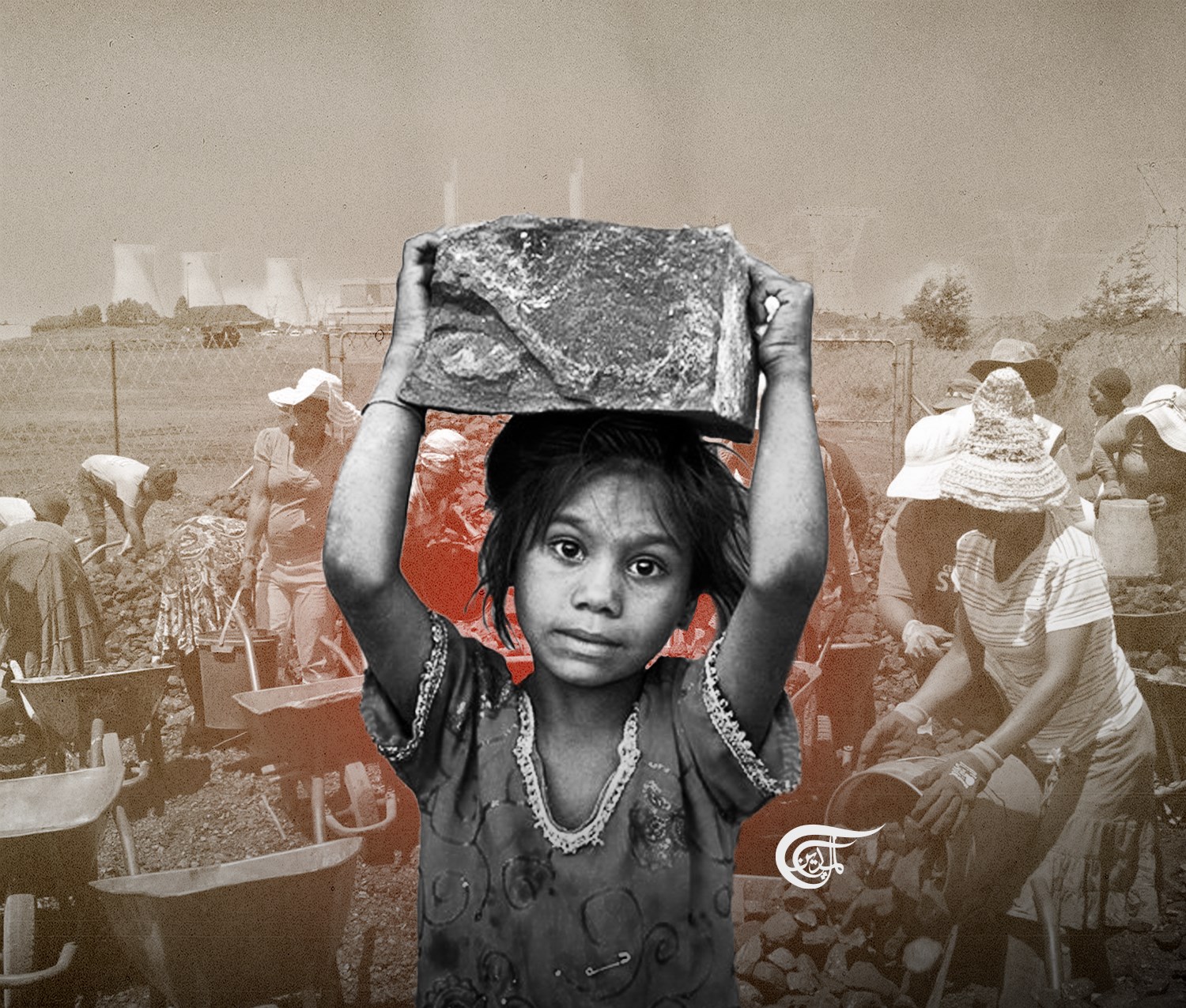Rising to the modern slavery challenge
As early as 2017, 40 million were found to be in modern slavery and 152 million in child labor world-over.
-

Such a trajectory demands forced labor to be called out in all its forms, even under an illegal Israeli occupation that the West remains reluctant to call out
Global estimates of modern slavery released by the United Nations’ International Labour Organization (ILO) paint a telling picture of deteriorating fundamental rights, and rampant social injustice. The very fact that almost 50 million people were subject to modern slavery last year is a glaring reminder that the world cannot afford to operate in a policy vacuum for long. Lip service to the cause of ending forced labor won’t cut it either, because more than half of all such forced labor occurs in either upper-middle income or high-income countries. Born out of these damning revelations is a fundamental question: how credible is the international community’s activism for genuine safeguards against modern slavery?
Begin with the challenge of the private economy. After all, 86 percent of forced labor cases are willingly imposed by “private actors” in this space, generating a demand for tighter regulatory oversight, and legislative support in countries that lack the capacity to advance such scrutiny. It is even more critical for proponents of the Sustainable Development Agenda to probe deeper into the make-up of a private economy. That includes sectors of manufacturing, construction and domestic work. Such a probe is warranted, given that the challenge of forced labor touches virtually all aspects of the private economy. Alternatively, a lax approach promises to dent headway towards a stated international target under SDGs: to take “immediate and effective” measures to eradicate forced labor, end modern slavery, and human trafficking.
High-income and the world’s wealthiest decision-making clubs ought to take the lead in changing course. They can lend significant visibility to countries hit by war and conflicts, humanitarian disasters, and dwindling finances, by proposing common legislative practices that the UN can internationalize by general consensus. It is necessary to tighten the screws on anti-terror financing, overcome deeply entrenched gender discrimination, and set equal standards against racial discrimination. All of which is warranted to better ensure that private actors don’t encroach upon the rights of the marginalized upon will, and end up frustrating long-sought progress towards ending modern slavery.
Such a trajectory demands forced labor to be called out in all its forms, even under an illegal Israeli occupation that the West remains reluctant to call out. Several high-income states, including in Europe, have led principled stances on rights monitoring, and even referred to their constitutional freedoms to signal violations as unacceptable. Exporting that sense of human security abroad will require far more than just a wave of public protests in privileged democracies. It requires a demonstrated commitment from rights defenders to regions of concern, including Asia and the Pacific region, which account for the highest number of people in forced labor.
Moreover, governments need to actively facilitate what the report itself notes as “public labour inspectorates.” This can help extend early protection to one of the crown jewels of human empowerment: children. After all, part of the budding youth identifies as a concerning core of the forced labor challenge, with more than 3.3 million people involved in forced labor identifying as children themselves. Their status as minors can easily render legal protection a mirage, underlining the need for human rights groups to raise the alarm and make it their mission to help extend the reach of labor inspectorates into the informal economy through developed world support.
In the ILO report’s own telling, “the forced labor of children constitutes one component of child labor, which the international community – through Target 8.7 of the Sustainable Development Goals – has committed to ending by 2025.”
Fortunately, global momentum towards SDG attainment is of major importance in government and multilateral spaces today. That creates new space for change against modern slavery, as expected in the aftermath of ILO’s findings several years ago. A starting point is to guarantee representation from countries at distinct developmental stages in the SDG discourse. It also requires nations world-over to be empowered to share their experiences of a well-monitored private economy or that of a poorly regulated one, so that bodies such as the UN have a clearer understanding of where to channel financial and legislative support.
In other words, as important as it is to bring all types of modern slavery to light, it is equally important for countries that are most vulnerable to forced labor to sit with their progressive counterparts and collectively devise humanitarian safeguards, regulations, and common practices suited to all.
As early as 2017, 40 million were found to be in modern slavery and 152 million in child labor world-over. So things have not gotten better, but far worse. That should be a wake-up call for SDG signatories to end their complacency on action, and come clean on their efforts to fight modern slavery in all forms. Progress in one part of the world makes little sense when many regions in the world identify with a different standard of reality.
Goal 8.7 remains clear as day: the world needs to demonstrate effectiveness and immediacy in its efforts to eradicate forced labor and end modern slavery.

 Hannan Hussain
Hannan Hussain
 5 Min Read
5 Min Read











